Bank Frick launches certificate for cryptocurrencies
Bank Frick has become the first Liechtenstein bank to launch a certificate based on cryptocurrencies. This offers investors an easy way to add cryptocurrencies to their portfolios. To address the complexity inherent in cryptocurrencies, Bank Frick has had to put the relevant structures in place and build up a wealth of know-how in this field.
The Liechtenstein-based Bank Frick has made its Cryptocurrency Basket Tracker (CCT) available to qualified and institutional investors. The investment objective of the cryptocurrency certificate is to participate in the performance of the underlying assets across its five-year term. Bitcoin and Ether are the assets underlying the CCT. The certificate is currently being issued as part of a private placement.
Bank Frick’s CCT was issued on 1 July 2017. In an initial phase, the certificate was exclusively offered to qualified investors at the Bank. “We have used the ten weeks since then to examine our internal processes and to comprehensively test the interfaces with external service providers and other technical components,” explains Raphael Haldner, Head of Funds and Issues, and leading product developer for the certificate at Bank Frick.
“The technology has great potential”
Now Bank Frick is also giving external clients who fulfil the required criteria the opportunity to participate in the performance of cryptocurrencies. “With this product, we are offering institutional and qualified clients a very easy way to gain experience in these new, exciting financial instruments,” adds Bank Frick’s crypto-expert Mauro Casellini, Head of Business Clients and Payment Service Providers: “In recent months, the developments and insights in the area of cryptocurrencies and the underlying blockchain technology have shown the great potential of this innovative technology. However, it has to be noted that investments in cryptocurrencies are speculative and involve extremely high levels of volatility, where, in a worst-case scenario, a total loss is possible.”
If a person does not have an in-depth knowledge of the underlying technology, directly holding cryptocurrencies involves a high level of risk. “You have to view cryptocurrencies as a type of digital cash,” explains Casellini. “This ‘cash’ is held in a digital wallet in the form of complicated numerical codes, for example as a software wallet on a smartphone or a stand-alone hardware wallet. In the past, there have repeatedly been dramatic hacks, where large sums of crypto-money have been stolen. With our extremely defensive approach, our Bank is able to offer a very high level of security in this regard.”
High security standard
At Bank Frick, cryptocurrencies are held in what are known as “cold storage” wallets, i.e. wallets that are not connected to the Internet. In turn, backups are also made of these. The encrypted wallets and their backup copies are kept in safe deposit boxes at various locations (georedundancy). “The multi-signature solution we use also increases security,” explains Raphael Haldner: “Each transaction has to be signed off by more than one person before it can be executed.”
Bank Frick works together with Bitcoin Suisse Ltd, which acts as a broker and settles purchases via various exchanges around the world. Bitcoin Suisse Ltd brings together liquidity from the various trading venues in an order book, which ensures excellent execution.
White-label solutions
“The technical requirements for crypto-financial instruments are extremely high. However, thanks to our expertise, we are able to launch own products and white-label products extremely quickly,” says Haldner: “We are currently dealing with various requests from product and fund promoters.”
The CCT was developed under the aegis of Bank Frick’s future-oriented digital strategy, which actively addresses and helps shape the rapid changes in the financial sector. Many years ago, Bank Frick recognised that in future, new business fields and business models would be required in order to succeed in the changing market conditions going forward. Bank Frick’s semi-annual results (see www.bankfrick.li) shows that the new digital business models are gaining real ground.

Bank Frick’s crypto-expert Mauro Casellini: “In recent months, the developments and insights in the area of cryptocurrencies and the underlying blockchain technology have shown the great potential of this innovative technology.”

Raphael Haldner, Head Funds and Issues: “The technical requirements for crypto-financial instruments are extremely high. However, thanks to our expertise, we are able to launch own products and white-label products extremely quickly,”
About Bank Frick
Bank Frick is a family-run Liechtenstein bank with headquarters in Balzers. It was founded in 1998 by Kuno Frick Sr, with a 70 per cent majority held by the Liechtenstein-based Kuno Frick Family Foundation. Minority shareholder Net 1 UEPS Technologies, Inc. (Net1) holds 30 per cent of Bank Frick’s share capital. Net1 is listed on the Nasdaq stock exchange in New York.
Bank Frick focuses on private clients, business clients and fund clients, who are supported by specialised departments.
Bank Frick is the only bank in Liechtenstein with acquiring licences from Visa and MasterCard.
For qualified market players Bank Frick develops tailor-made funds and acts as a custodian bank.
In the first half of 2017, the Bank with its roughly 78 employees generated a profit of CHF 2.7 million and managed assets in the amount of CHF 2.9 billion. As at the end of June 2017, the balance sheet total was CHF 990 million. The capital base stood at CHF 85 million.
Bank Frick operates a branch in London.
Share post
Related Articles
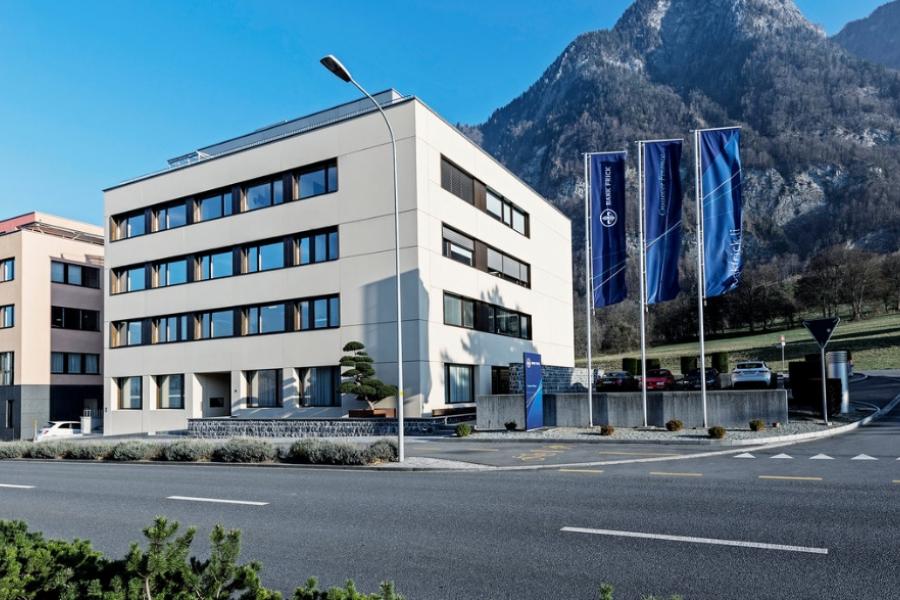
Press release 2023 semi-annual report
Bank Frick generated a net profit of CHF 7.2 million in the first half of 2023 and thus built on the success of the prior financial year. The marked increase in profit, coupled with solid utilisation and good capitalisation, provides us with encouragement for the second half of the year. We therefore anticipate an annual profit in the region of CHF 13 million for 2023.
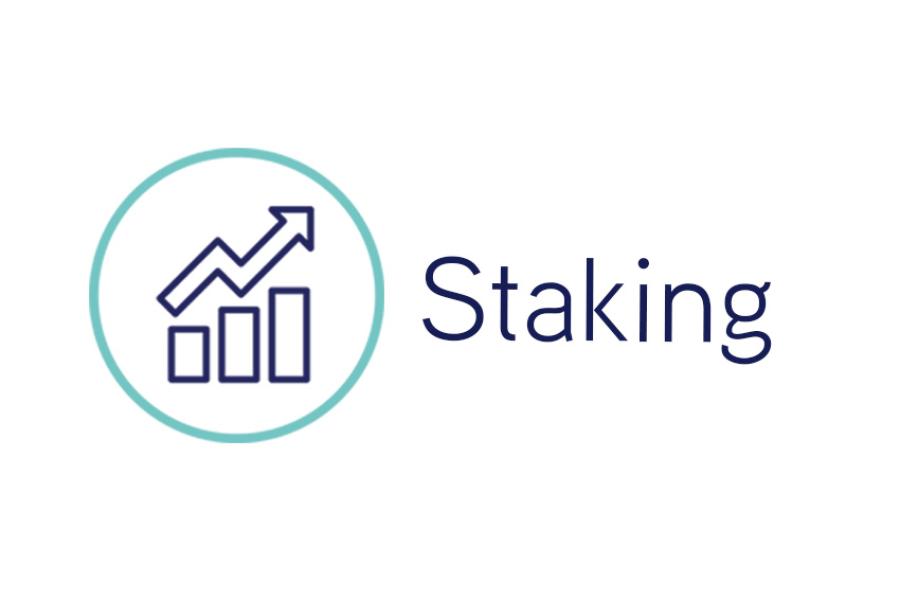
Bank Frick is now offering staking as a service for digital assets
Bank Frick is launching staking as a new service. Staking enables clients to generate passive income by holding their cryptocurrency. Staking also contributes to the stability of networks. As a fully regulated bank, Bank Frick guarantees continuity of business at all times and full control of funds. Initially, the cryptocurrencies Tezos (XTZ) and Polkadot (DOT) will be offered.
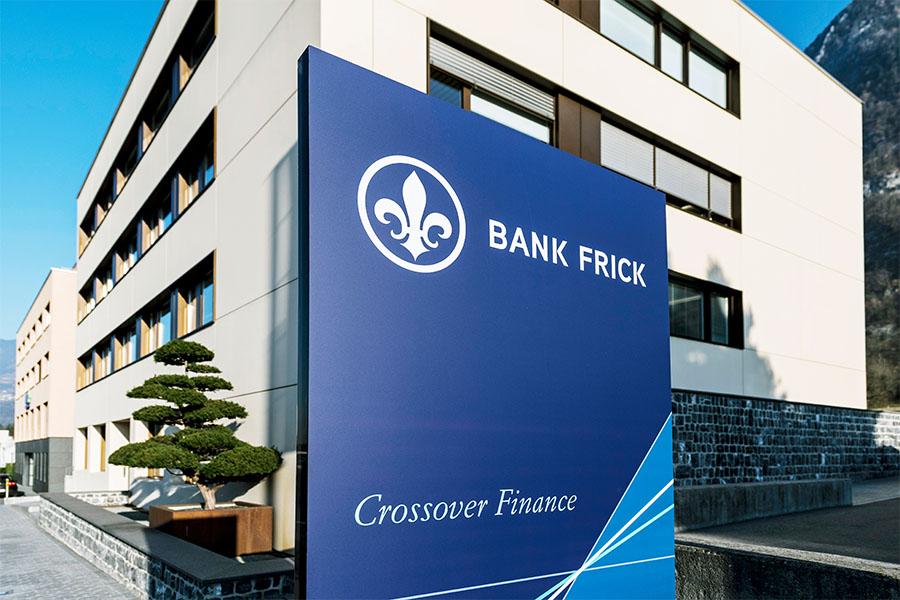
Half-year result: Continuous growth by Bank Frick – despite uncertainties about the global economy
In the first half of 2022, Bank Frick generated a net profit of CHF 5.1 million, with all strategic business segments contributing to this positive result. Despite the currently prevailing uncertainty stemming from the unstable economic situation, Bank Frick succeeded in increasing its profit compared with the first half of 2021. For 2022, the Bank therefore expects an annual profit in the order of CHF 8 million.
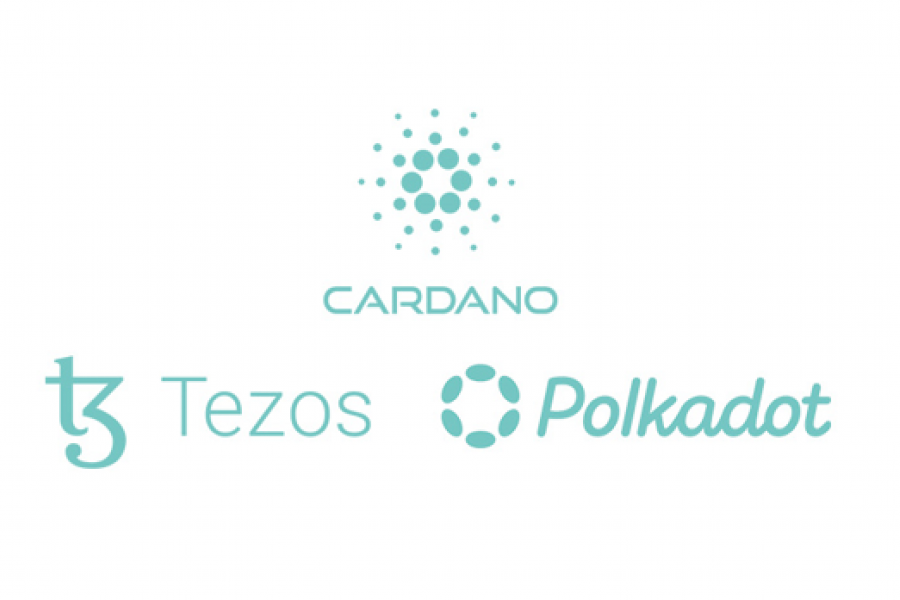
Bank Frick expands its range of crypto assets and now offers trading and custodian services for Cardano, Polkadot and Tezos
Europe’s blockchain pioneer has expanded the range of cryptocurrencies for which it offers trading and custodian services. Bank Frick now offers financial intermediaries and professional clients the option of trading in and secure custody of Cardano (ADA), Polkadot (DOT) and Tezos (XTZ) coins. Trading takes place within the fully regulated environment of the Bank.
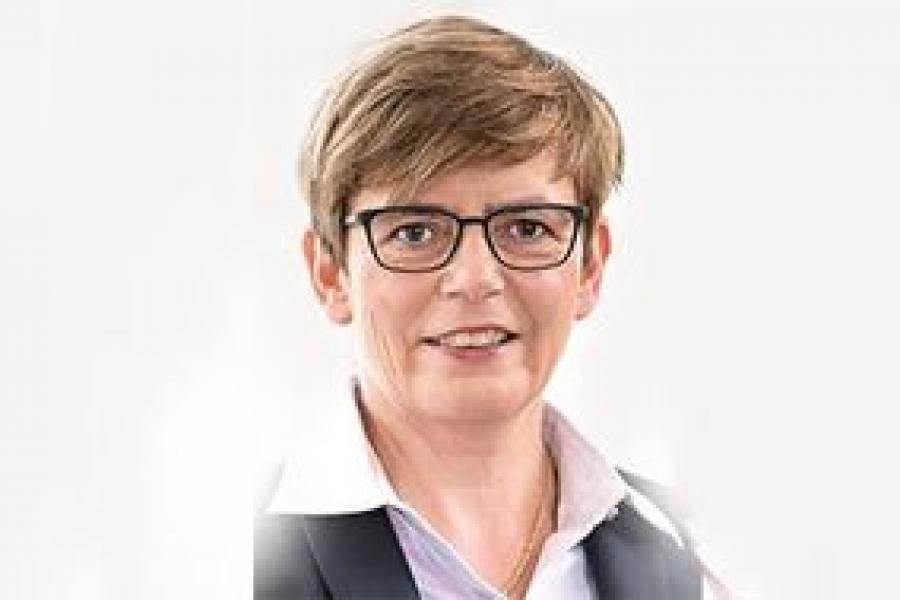
Marianne Müller new on the Board of Directors
The Board of Directors (BoD) of Bank Frick has appointed Marianne Müller as a new member of the Board of Directors effective 1 May 2022. She brings with her great expertise in the areas of regulatory affairs, compliance and financial market supervision.

Annual Report Bank Frick 2021: Annual profit more than doubled
Bank Frick closes 2021 with an excellent annual profit of CHF 9.8 million. Net income increased again and client assets under management also grew in the reporting period. All the business segments contributed to the strong annual result. In order to further improve service to clients and be prepared for the future, resources were created and the front departments reorganised.
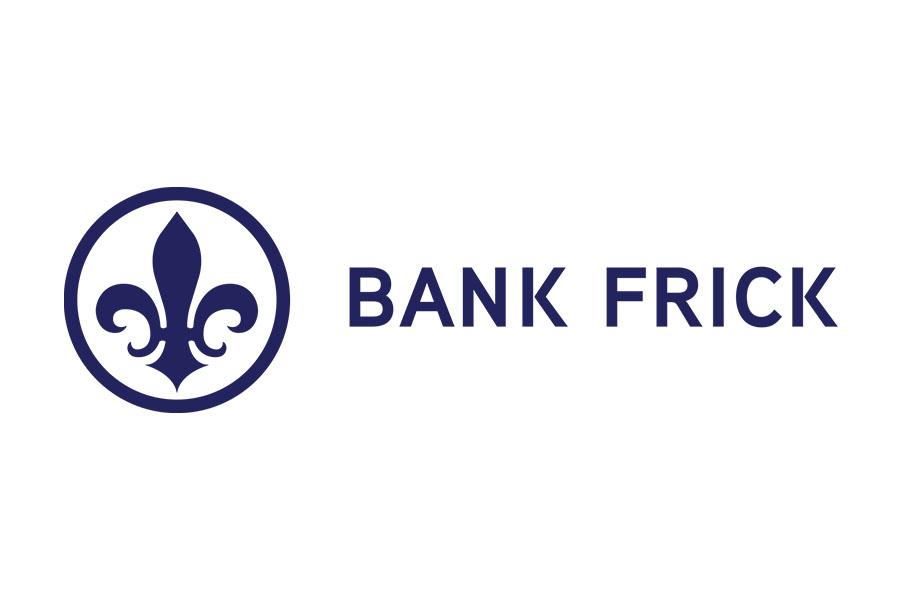
Half-year results of Bank Frick: Budgeted annual result of CHF 3.1 million already achieved
Bank Frick generated a net profit of CHF 3.1 million in the first half-year. All strategic business segments contributed to this long-term result. For 2021, the Bank therefore expects an annual profit in the order of CHF 5 million. Thanks to the successful reorganisation initiative of the departments involving direct client contact, we have been able to pay even closer attention to the client experience.

Bank Frick processes donations in the form of cryptocurrencies
Bank Frick now processes donations in the form of cryptocurrencies for the Swiss section of the human rights organisation Amnesty International (Amnesty Switzerland). Bank Frick has developed a set-up that enables the reliable, regulatory compliant and secure acceptance of crypto donations. This model is suitable for all NGOs to carefully check the origin of crypto donations.

Strategy takes hold, with a steady increase in net income
Despite challenging circumstances, Bank Frick generated a net profit of some CHF 4.4 million. The years-long trend of continuously increasing income was confirmed in all business areas, and the growth in expenses has flattened out. Thanks to the successful strategic orientation of the entrepreneurial Bank, net income has doubled to some CHF 40.0 million in just five years.

Semi-annual results: Bank Frick defies the coronavirus pandemic
The first half of 2020 at Bank Frick was dominated by the global coronavirus pandemic. Despite the prevailing uncertainty and high volatility on the financial markets and the unstable economic situation, the Bank generated a net profit of CHF 1.8 million. Because of the pandemic, Bank Frick cannot rule out the occurrence of credit defaults. In keeping with the principle of prudence, the Bank will create provisions accordingly. As such, Bank Frick anticipates a net income in the range of CHF 1.0 to CHF 2.0 million.